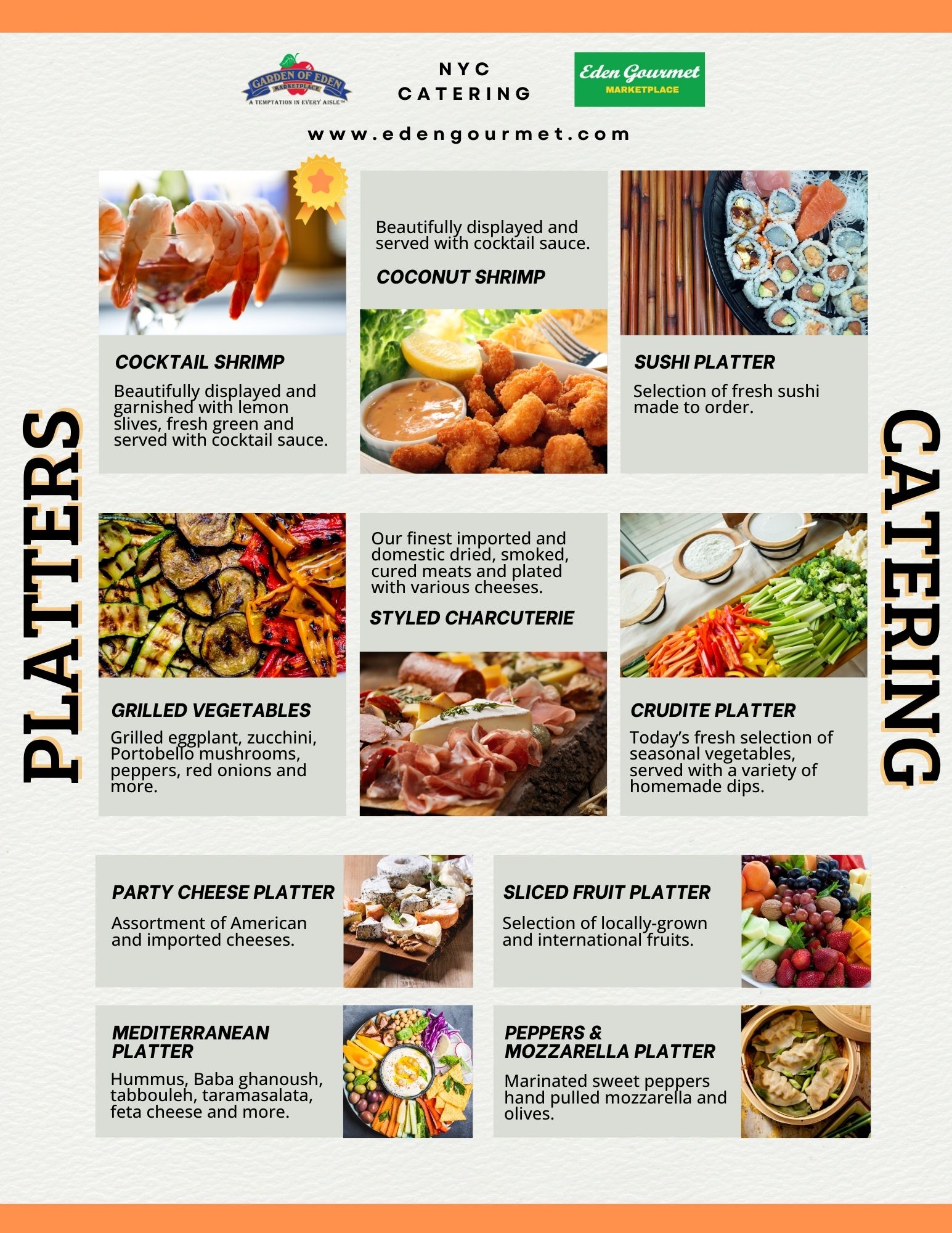Share This Story, Choose Your Platform!
The heart is a vital organ that plays a crucial role in maintaining overall health and well-being. It is responsible for pumping blood throughout the body, delivering essential nutrients and oxygen to cells and organs. However, poor diet and lifestyle choices can put a strain on the heart, leading to various cardiovascular diseases such as heart attacks, strokes, and high blood pressure. This is why it is essential to fuel your heart with nutrient-rich foods that support its function and promote cardiovascular health.
Incorporating Nutrient-Rich Foods into Your Diet
One of the key components of a heart-healthy diet is incorporating nutrient-rich foods that provide essential vitamins, minerals, and antioxidants. These include fruits and vegetables, whole grains, lean proteins, and healthy fats. Fruits and vegetables are rich in fiber, vitamins, and antioxidants that help reduce inflammation and lower cholesterol levels. Whole grains such as brown rice, quinoa, and oats are high in fiber and can help lower the risk of heart disease. Lean proteins like fish, poultry, and legumes provide essential amino acids and omega-3 fatty acids that support heart health. Healthy fats found in avocados, nuts, and olive oil can help lower bad cholesterol levels and reduce the risk of heart disease.
Making Lifestyle Changes for a Healthier Heart
In addition to incorporating nutrient-rich foods into your diet, making lifestyle changes can also have a significant impact on heart health. Regular physical activity is essential for maintaining a healthy heart and can help reduce the risk of cardiovascular diseases. Aim for at least 150 minutes of moderate-intensity exercise per week, such as brisk walking, cycling, or swimming. Avoiding smoking and limiting alcohol consumption can also help protect your heart. Smoking is a major risk factor for heart disease and can damage blood vessels, while excessive alcohol consumption can raise blood pressure and increase the risk of heart problems. Managing stress through relaxation techniques such as meditation, yoga, or deep breathing exercises can also support heart health.
Tips for Maintaining a Heart-Healthy Diet and Lifestyle
Maintaining a heart-healthy diet and lifestyle requires commitment and consistency. Here are some tips to help you stay on track:
1. Plan your meals ahead of time and make healthy choices when grocery shopping. Stock up on fruits, vegetables, whole grains, lean proteins, and healthy fats.
2. Cook at home more often to control portion sizes and avoid unhealthy ingredients found in processed foods.
3. Limit your intake of saturated fats, trans fats, and added sugars, which can increase the risk of heart disease.
4. Stay hydrated by drinking plenty of water throughout the day and limit sugary beverages.
5. Get regular check-ups with your healthcare provider to monitor your heart health and make any necessary adjustments to your diet and lifestyle.
In conclusion, fueling your heart with nutrient-rich foods and making lifestyle changes can have a significant impact on your cardiovascular health. By understanding the importance of heart-healthy foods, incorporating nutrient-rich foods into your diet, making lifestyle changes, and following tips for maintaining a heart-healthy diet and lifestyle, you can support your heart health and reduce the risk of cardiovascular diseases. Remember, a healthy heart is a happy heart!























































